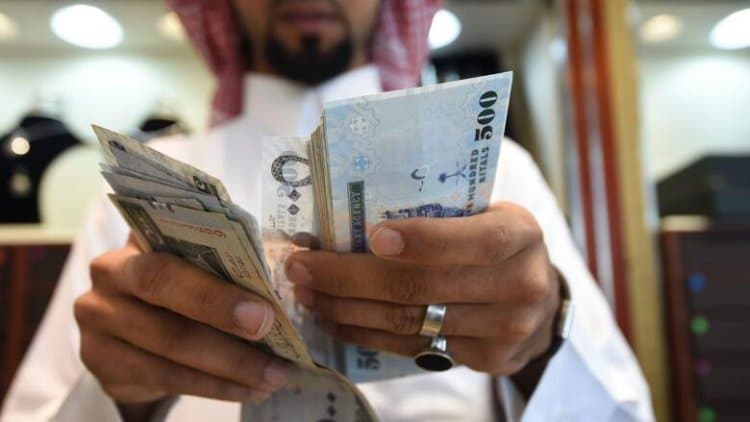
Strong credit growth in UAE reflects GCC's economic rebound
The Gulf Cooperation Council shows signs of an economic rebound as credit growth in the UAE has remained strong during the third quarter of 2022 despite higher interest rates, underscoring strong economic activity and business confidence in the region.
Bahrain, Kuwait, Oman, Qatar, Saudi Arabia and The United Arab Emirates are all GCC members. The UAE has maintained a steady and skyward pace, it has reported the strongest annual GDP growth in over a decade. Qatar is the only nation which projected a slower growth rate among all countries in the GCC. Despite global economic turbulence, A series of quarterly economic reports released by Majid Al Futtaim, the leading shopping mall, communities, retail and leisure pioneer across the Middle East, Africa and Asia, reveals that the UAE economy is on track to record its strongest annual GDP growth since 2011. UAE’s top 10 banks’ profitability soared to 15.1% in the third quarter.
The State of the UAE Retail Economy Q3 2022 report key findings; Retail economy spending rose by 15% from January to September vs the same period a year ago. The non-retail economy showed substantial growth of 29% from January to September vs the same period in 2021. Dubai’s real estate market continues to break records - transactions leapt 60% for January to September vs the same period last year. E-commerce sales continue to rise at a rapid pace and are projected to increase by 22% this year to reach USD 6 billion.
According to a report by The International Monetary Fund, GCC policymakers have managed to quickly mitigate the economic impact of the twin COVID-19 and oil price shocks. Commodity prices have surged, and the outlook is more positive for GCC countries, with new challenges linked to Russia’s invasion of Ukraine and tighter global financial conditions expected to have a limited impact on GCC economies. While GCC countries have overall benefited from higher, albeit volatile hydrocarbon prices, numerous risks still cloud the outlook—notably a slowdown in the global economy. In this context, the reform momentum established during the low oil price years should be maintained—irrespective of the level of hydrocarbon prices.
Trefor Murphy, founder, and chief executive of Cooper Fitch said that As we enter the fourth quarter of 2022, the GCC looks set for an extreme end to the year with all sectors continuing to register high levels of activity.
S&P Global Ratings expects the GCC's four biggest banking markets in the UAE, Saudi Arabia, Kuwait, and Qatar to almost reach pre-pandemic profitability levels by the end of 2022 on high oil prices, rising interest rates, and new public projects. In the second half, It is forecasted that there will be a more visible strengthening of regional banks' interest margins and a manageable pick-up in cost of risk, amid lingering effects from the Covid-19 pandemic via loans that benefited from support measures and were then restructured.
The GCC banking sector has witnessed the positive effects of higher interest rates. The total net interest income of the listed banks in the GCC reached a record quarterly level at US$18.6bn during the third quarter of 2022 as compared to US$17.2bn in the previous quarter, according to a report released by Kuwait-based Kamco investment. The sequential increase in net interest income was broad-based and was seen across the GCC countries. Credit growth in the GCC remained strong during the third quarter despite higher interest rates, indicating strong economic activity and business confidence in the region.
For any enquiries or information, contact ask@tlr.ae or call us on +971 52 644 3004